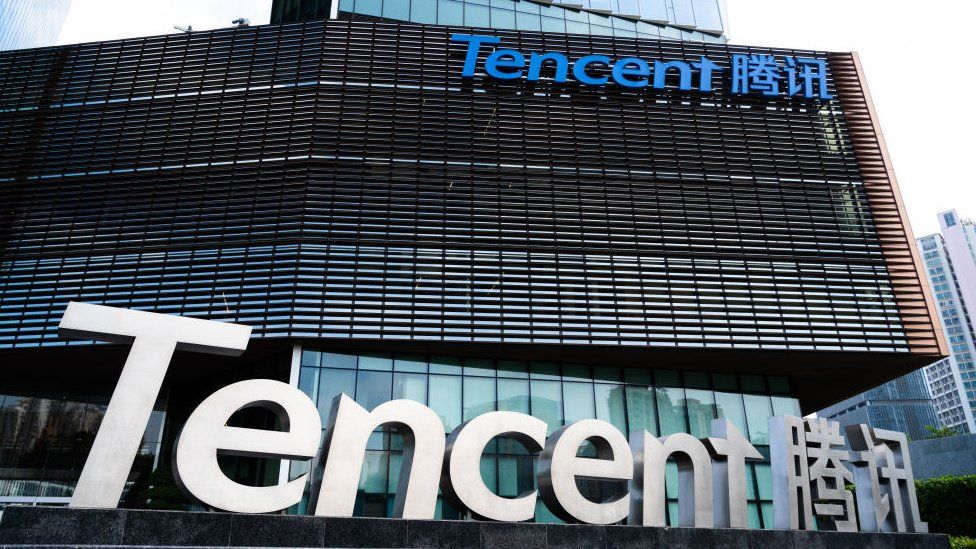Tencent, the Shenzhen-based company, launches three-new microchips to alleviate the global semiconductor shortage.
Tencent’s new chip comes at a time when China swells its domestic chip industry, making it a strategic priority for the country’s technology sector.
Initially focused on the gaming industry, Tencent is China’s popular messaging service ‘WeChat’. However, in the recent times, the company has shifted its priority and started investing in areas including chips and cloud computing to diversify its business.
One among the newly launched semiconductors is an AI-based chip called Zixiao, which can process images, video and natural language. These could be used for AI voice assistants that rely on the ability for computers to understand and process human language.
The other chip is a video transcoding chip, which are required to convert videos into different formats. The third in the line is a ‘network card’ that is designed to help cloud computing processes.
Tencent is among the many technology giants who have been investing into semiconductors in the recent times.
In August, Baidu launched its second-generation artificial intelligence chip. Last month, Alibaba (NYSE:BABA) released a chip designed for servers and cloud computing.
However, Chinese companies are only designing their own chips. Manufacturing and other parts of the supply chain still rely heavily on foreign companies, which is a challenge to China’s domestic economy.








